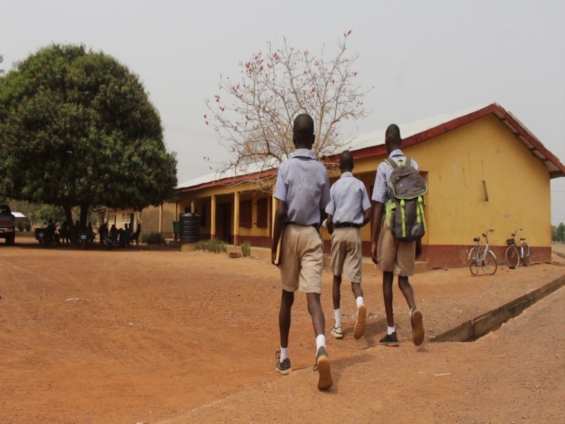Many communities in the Northern Region still have children who walk long distances to access education.
In the Nanumba North District, accessing Junior High School education in communities such as Kubuabu, Namani, Manchuni, Jeji, Na Sungdo, and Tigbando, among others, comes at a price.
Many of these communities lack upper primary schools, forcing children to walk several kilometres to continue their education.
JoyNews visited Kubuabu, where Grundoow Godwin treks 14 kilometres each day to and from school.
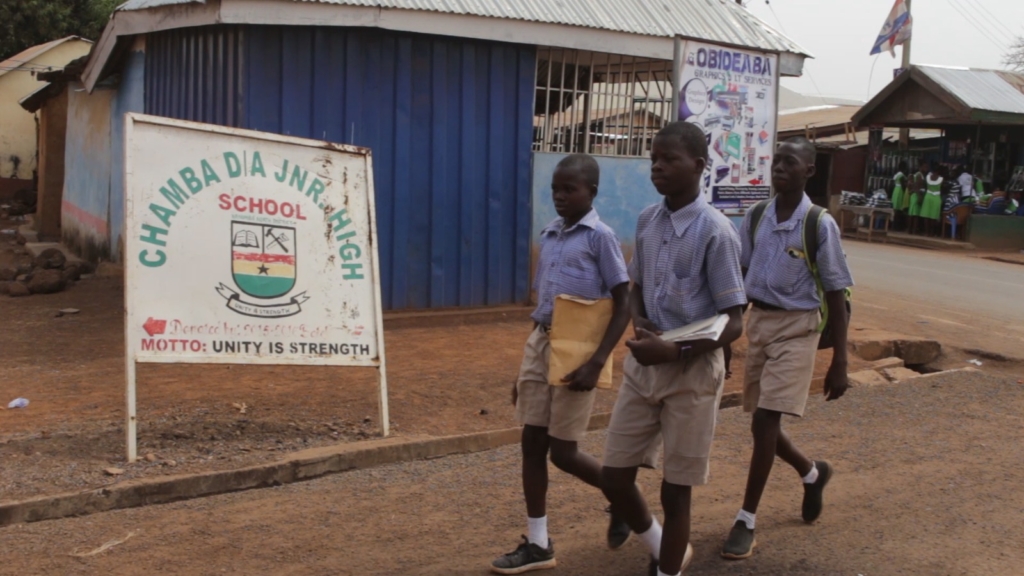
For these children, it is a daily struggle to sometimes navigate through the lonely bushes just to get to school.
"The journey to my school in Chamba is very far, but I have to travel every day," Gordon said.
Gordon's daily struggle mirrors the lives of many other children who walk between 7 to 12 kilometres each day.
The Junior High School student knows that education is his ticket to a better life. He is determined to succeed, no matter the distance.
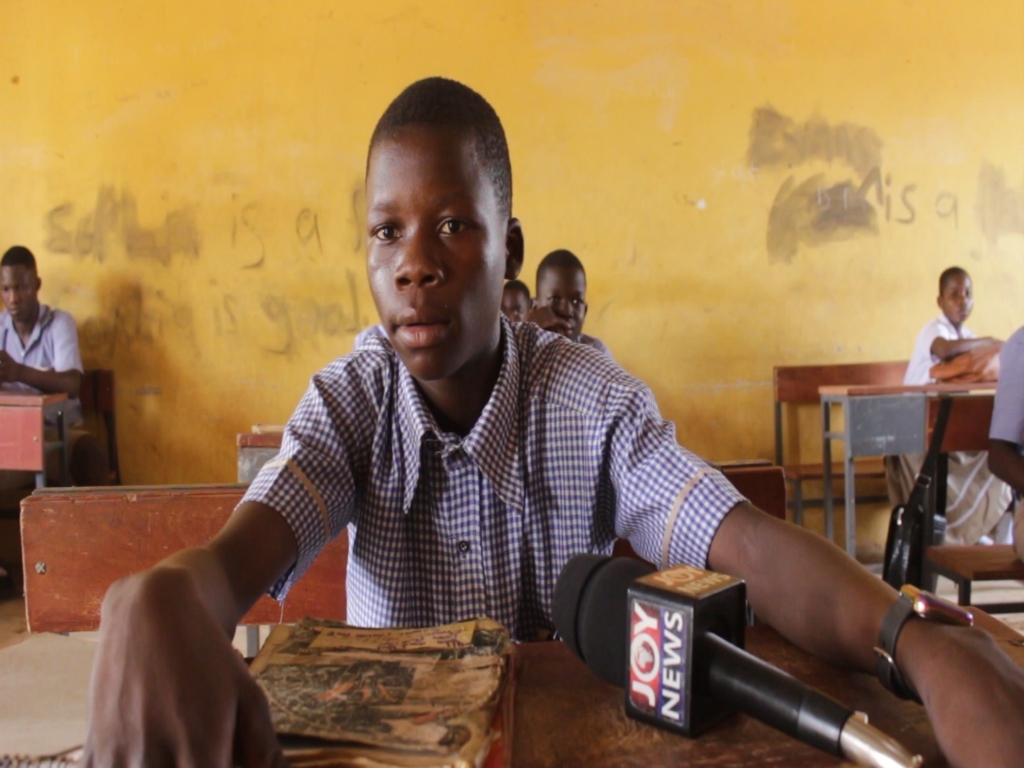
"I join my other mates who also travel long distances so that we keep each other company. That way, we are able to go every day," he said.
Back at Gordon's home, his mother, Makpa, puts in every effort to get him to school because she sees him as her key investment in securing a better future for their family.
"Godwin is my son, and I want him to go to school and become a great person in the future. He helps me fetch water to cook for the family before walking to Chamba for his education. I dream of him becoming a professional doctor so he can help me take care of his siblings. His father is no longer with us, and I’m struggling to provide for them. I don’t want all my suffering to be in vain.
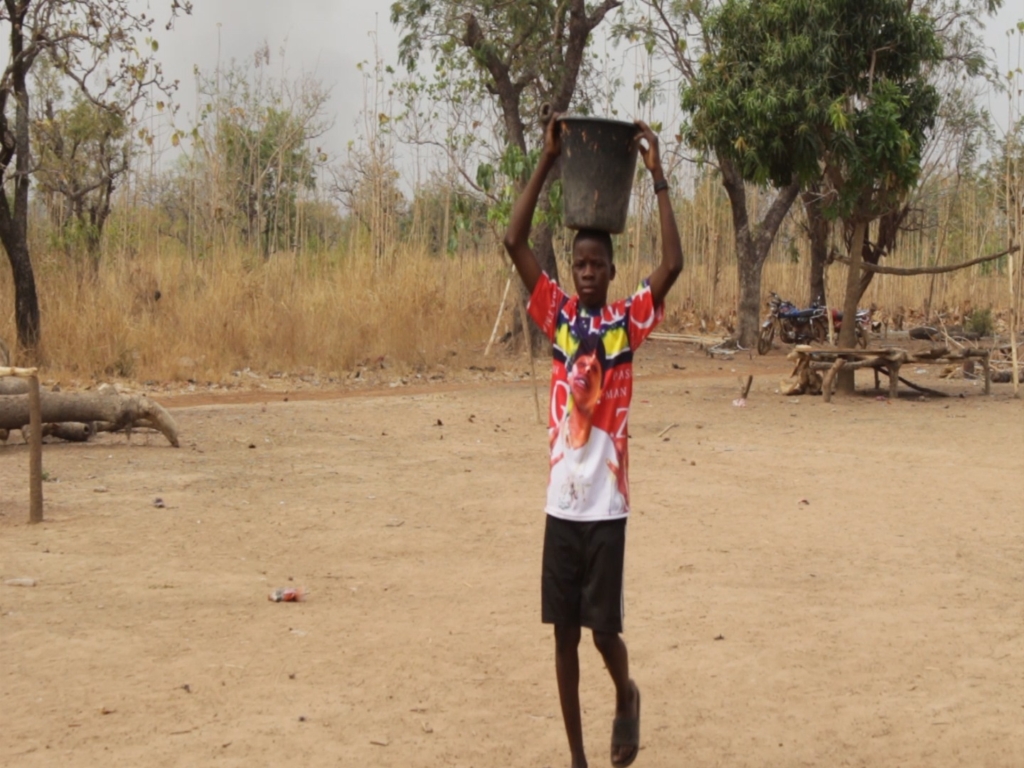
"I cultivate yam, okra, pepper, maize, and groundnuts. When I harvest, I set aside portions of the produce to meet Godwin’s needs, such as sandals, clothes, pens, and books. I also ensure he has food to take with him to school," she said.
Gordon's teacher, Norbert Yelim, expressed concern about the distance Gordon commutes to school, adding that it is affecting his academic performance.
"My last observation, when I followed up to Gordon's community, revealed that it is 7 kilometres from his home to the school. Gordon often arrives 30 minutes to an hour late, and this is affecting his education," Mr Yelim said.
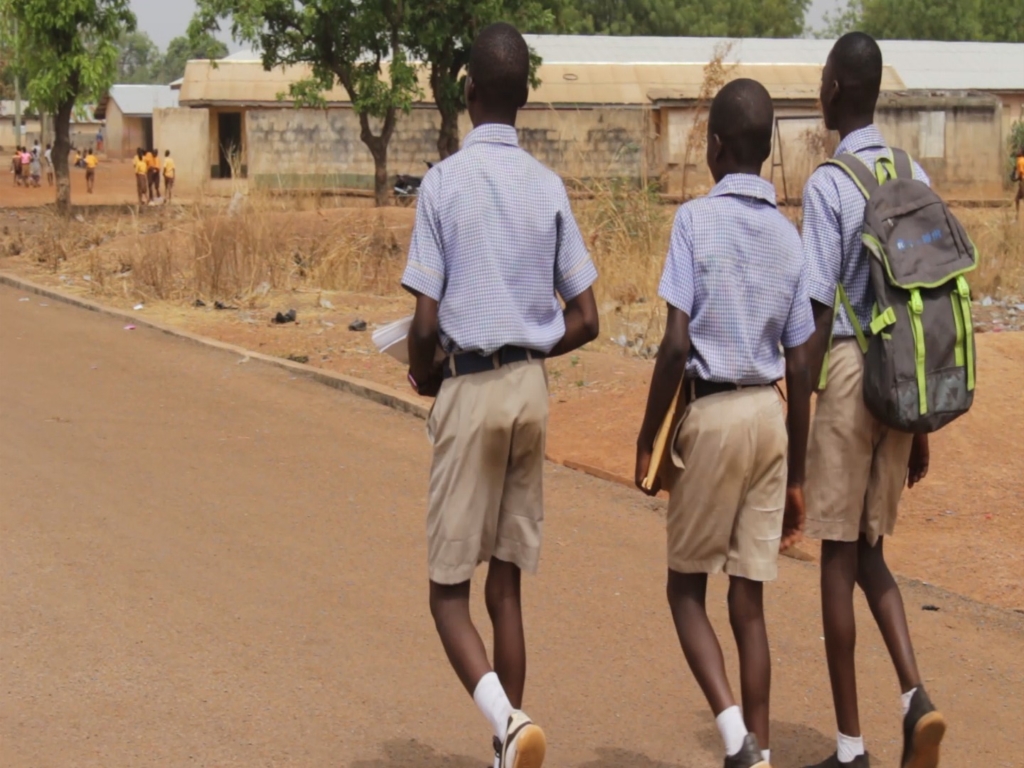
The Ghana Education Service representative, Samuel Kwaku Kwayaba, acknowledged that children walking long distances to school remains a concern for the service.
He stated that this challenge has led many children to drop out or perform poorly due to the daily struggle.
Latest Stories
-
Goosie Tanoh presents 24-hour economy document to Speaker, policy kicks off on July 2
10 minutes -
Prof Ali-Nakyea narrates how 2016 Range Rovers were falsely declared as 2003 peugeots at Takoradi Port
17 minutes -
CPP expresses gratitude for reinstatement of Republic Day and Founder’s Day
30 minutes -
Tema Oil Refinery participates in 2025 Ghana-China Business Summit
54 minutes -
Police arrest 2 in Wassa Akropong for tampering with credit-sold mobile phones
1 hour -
Corruption thriving on systemic loopholes – Prof. Ali-Nakyea
2 hours -
Education Minister inaugurates boards of CTVET and Ghana Library Authority
2 hours -
The private sector fuels corruption; must be held to ethical standards – Prof Ali-Nakyea
2 hours -
Volta NPP grassroots declare support for Bryan Acheampong as unifying force ahead of 2028
2 hours -
2025 National Girls in ICT: Volta Regional Minister leads charge for inclusive digital empowerment
2 hours -
Cassona launches international recruitment drive to boost healthcare talent in Sub-Saharan Africa
2 hours -
Constitution Review Secretariat to engage Ghanaians abroad on June 28
2 hours -
Tax expert Prof. Ali-Nakyea questions tax-free lavish gifts received by pastors
2 hours -
UG Corporate Football League: NPA meets Forestry in decisive Group B showdown
2 hours -
Communication Minister urges girls to embrace digital power at 2025 National Girls in ICT
2 hours

